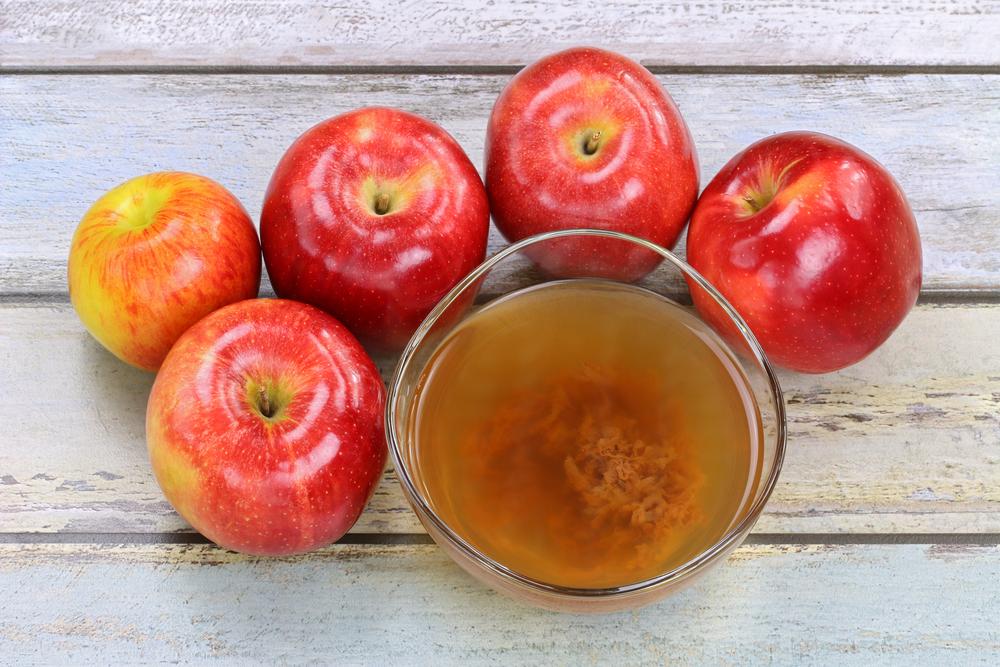Top 5 Nutritional Picks for Blood Sugar Control
Discover five nutritious foods that effectively help regulate blood sugar levels, supporting diabetes management beyond medication. Learn how dark leafy greens, cinnamon, fatty fish, chia seeds, and turmeric can benefit your health, complemented by lifestyle tips for optimal results.

Top 5 Nutritional Foods for Blood Glucose Regulation
Here are five foods that support healthy blood sugar levels:
Dark Leafy Greens
Vegetables like kale, spinach, cabbage, collards, beet greens, and watercress are nutrient-rich and low in calories. They contain minimal digestible carbs, aiding in blood sugar stabilization. Their antioxidants, including lutein and zeaxanthin, bolster immunity and help protect eyes from diabetic-related issues like cataracts and macular degeneration.
Cinnamon
This flavorful spice is renowned for its antioxidant qualities, which may enhance insulin sensitivity. Research suggests cinnamon can also lower triglycerides and cholesterol, though it’s advised to limit cassia cinnamon to under one teaspoon daily to prevent potential side effects.
Other beneficial foods include:
Fatty Fish
Mackerel, sardines, salmon, and herring are rich in omega-3 fatty acids EPA and DHA. These help regulate blood glucose, protect blood vessel lining, reduce inflammation, and support artery health. As excellent sources of high-quality protein, fatty fish also boost metabolic rate.
Chia Seeds
High in fiber and low in digestible carbs, chia seeds contain viscous fiber that slows glucose absorption and aids in weight management by reducing hunger and calorie intake from other foods.
Turmeric
This potent spice contains curcumin, which reduces inflammation and blood sugar levels. To enhance absorption, combine turmeric with black pepper. Regular consumption could also lower heart disease risk.
Alongside dietary modifications, maintaining an active lifestyle, ensuring sufficient sleep, and managing stress through techniques like meditation are fundamental. Always seek advice from healthcare professionals before incorporating new foods into your routine to prevent adverse effects.










